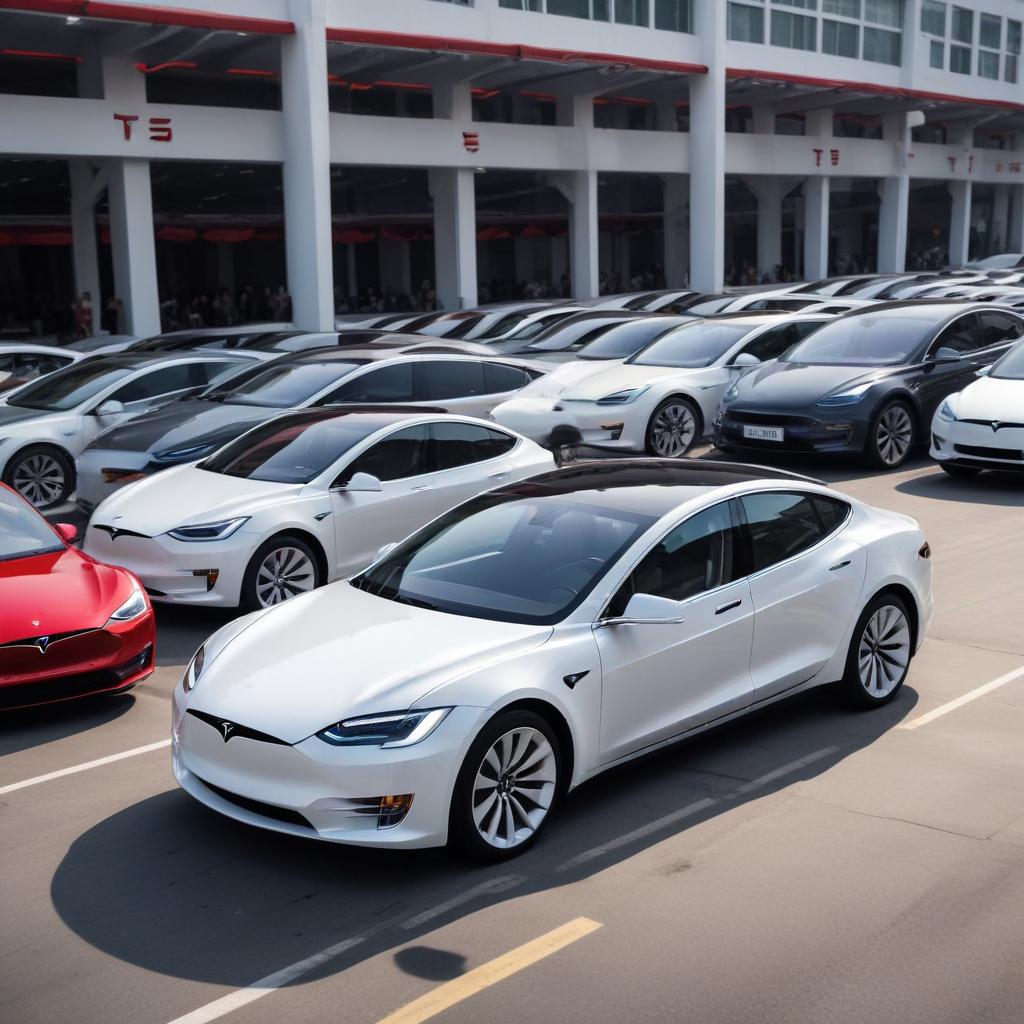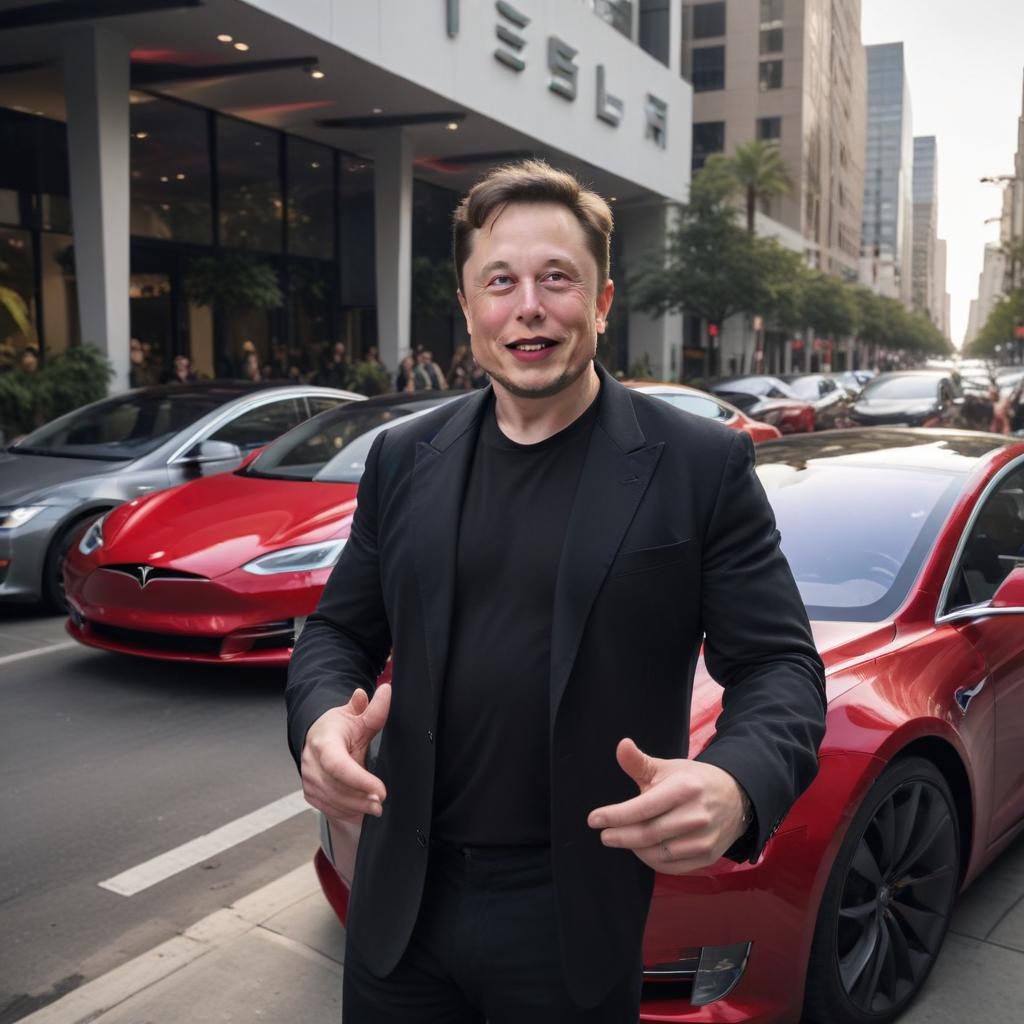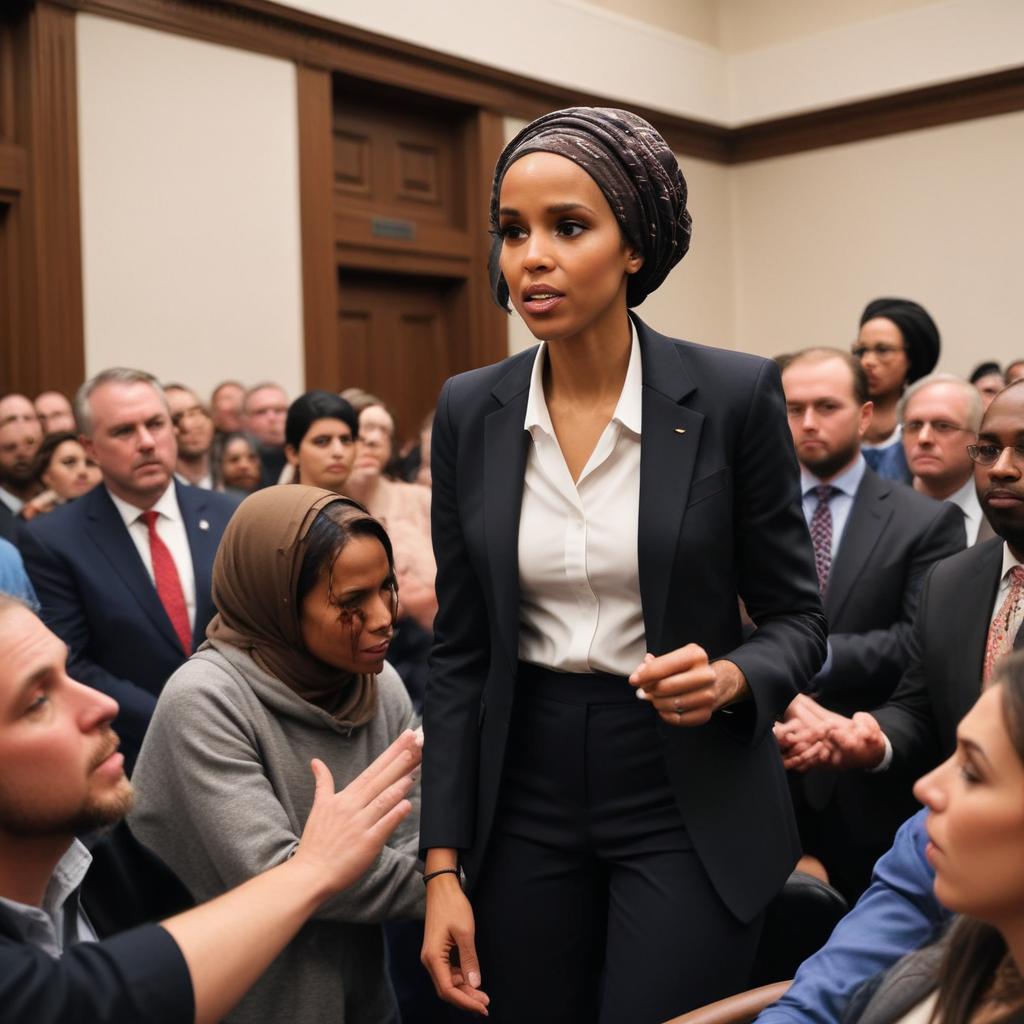Business
Latest in Business
Discover the most recent articles in this category

2026-01-28 18:00:58.123 • by
Amir Izad
Amazon is slashing another 16,000 corporate jobs, its second major layoff round in three months. The tech giant attributes these cuts to the planned use of generative AI and a strategic reduction of its pandemic-inflated workforce, despite strong financial performance.

2026-01-03 12:00:57.275 • by
Andrew Ismail
Tesla lost its crown as the world's bestselling electric vehicle maker to Chinese rival BYD in 2025, with sales dropping for a second consecutive year due to customer revolt over Elon Musk's politics, expiring U.S. tax breaks, and stiff competition. Despite this, investors remain optimistic about Musk's pivot to robotaxis and AI.

2025-11-11 12:01:00.837 • by
Amy Ivanov
Wendy's plans to close hundreds of U.S. restaurants starting in Q4 to improve profitability and modernize its brand amidst declining sales and challenges attracting lower-income consumers.

2025-11-07 06:00:49.92 • by
Amir Izad
Elon Musk won a critical shareholder vote, approving a pay package that could make him the world's first trillionaire if Tesla meets ambitious performance targets over the next decade, despite recent company struggles and strong opposition.

2025-10-14 12:00:59.263 • by
Alan Iverson
Doug Lebda, the visionary 55-year-old CEO and founder of LendingTree, unexpectedly died in an all-terrain vehicle accident over the weekend, prompting immediate leadership changes at the online loan platform and causing a dip in its stock.

2025-09-17 18:00:40.641 • by
Aaron Irving
After 47 years, Jerry Greenfield leaves Ben & Jerry's, citing Unilever's stifling of the brand's social activism. A bitter dispute over the company's social mission and independence unfolds.

2025-09-10 18:00:29.136 • by
Alex Ingram
Oracle co-founder Larry Ellison briefly surpasses Elon Musk as the world's richest person due to a surge in Oracle's stock following a strong earnings report.

2025-08-28 12:00:53.563 • by
Adam Israel
Cracker Barrel faced intense backlash and reversed its logo redesign after criticism, including from Donald Trump, resulting in an 8% stock surge.

2025-08-08 06:00:21.37 • by
Albert Inestein
Discover how ordinary women are making hundreds of dollars by sharing their daily outfits on social media using apps like ShopMy and LTK. Learn about the rise of micro-influencers and the changing landscape of influencer marketing.

2025-08-04 18:00:32.663 • by
Adam Israel
Six months after a judge ordered the revocation of his pay package, Elon Musk receives a massive stock award, sparking controversy and shareholder reactions.














